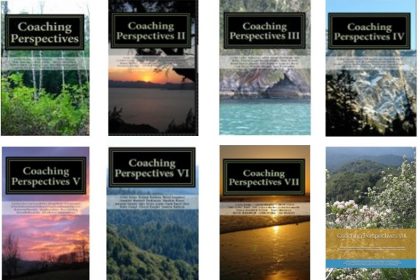Coaching is advanced development for advanced results. Coaching empowers individuals to discover their possibilities, set goals, and create success.
This blog series is from my chapter in Coaching Perspectives VII. The purpose is to create awareness of different coaching models and processes, plus how coaching works. The Core Competencies of a Coach from the International Coaching Federation, ICF, and the Center for Coaching Certification, CCC, coaching model and process built on these competencies is included for a deeper perspective.

First, a few definitions for clarity:
- Whether Executive, Career, Business, Wellness, Life, or Academic, coaching is defined by the ICF as “a strategic partnership in which the coach empowers the coachee to clarify goals, create action plans, move past obstacles, and achieve what the coachee chooses.”
- A Coaching Model is an illustration of the relationship.
- A Coaching Process is the flow of the coaching relationship and the order in which tools or assessments are used.
There are a multitude of examples of coaching models and coaching processes. In many ways, the reason for so many options is as simple as copyright, because each belongs to the person who created it. At the same time, different models and processes resonate for different people.
Since coaching is all about the coachee, the most effective coaches are familiar and comfortable with multiple models and processes. In this way, the coaching relationship is readily adjusted to what is most helpful and effective for the coachee.


